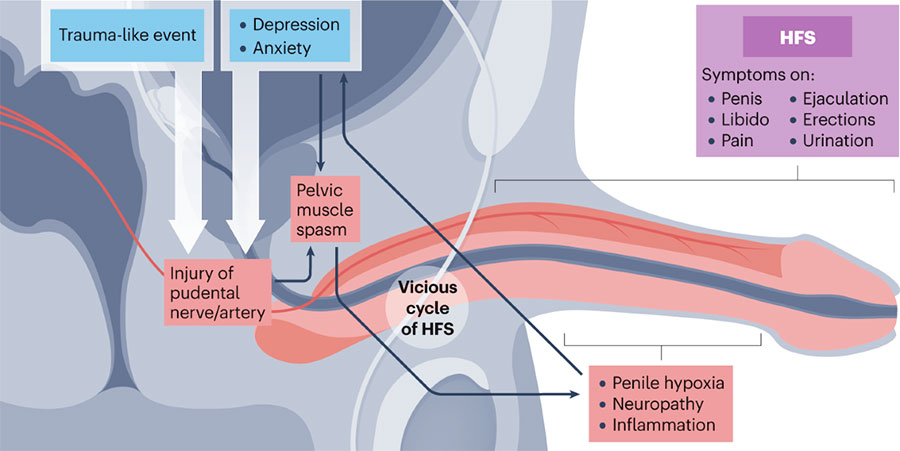

Male sexual disorders encompass a broad range of conditions that interfere with a man’s ability to achieve satisfaction during sexual activity. These disorders are typically grouped into four main categories: erectile dysfunction (ED), premature ejaculation (PE), delayed ejaculation, and low libido (reduced sexual desire). ED, one of the most common, is characterized by the inability to develop or maintain an erection sufficient for sexual intercourse. Premature ejaculation refers to ejaculation that occurs sooner than desired, often within a minute of penetration, while delayed ejaculation involves a prolonged time to ejaculate or an inability to do so.
These conditions can stem from various physical, psychological, and lifestyle-related factors. Physically, issues such as cardiovascular disease, diabetes, hormonal imbalances (e.g., low testosterone), neurological disorders, and side effects of medications can contribute. Psychological causes include stress, anxiety, depression, and relationship problems. Additionally, lifestyle habits like smoking, excessive alcohol consumption, lack of exercise, and obesity can significantly affect sexual function. Understanding the underlying cause is essential for effective diagnosis and treatment.
Treatment approaches for male sexual disorders vary depending on the specific condition and its root cause. Options may include medication (e.g., PDE5 inhibitors like sildenafil for ED), hormone therapy, psychotherapy or counseling, lifestyle modifications, and in some cases, surgical intervention. Addressing these disorders often involves a multidisciplinary approach, combining urologists, psychologists, and sexual health specialists to ensure comprehensive care. Early recognition and open communication with healthcare professionals can greatly improve outcomes and quality of life.